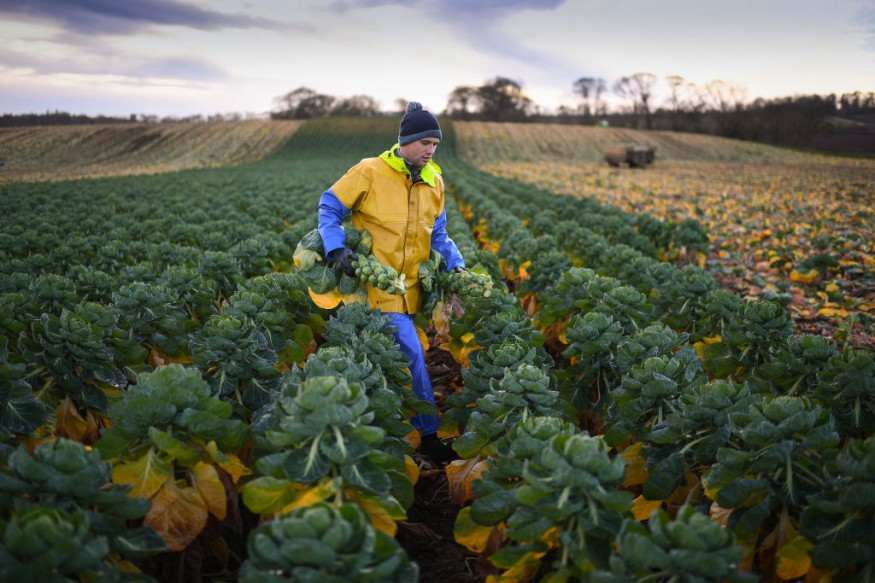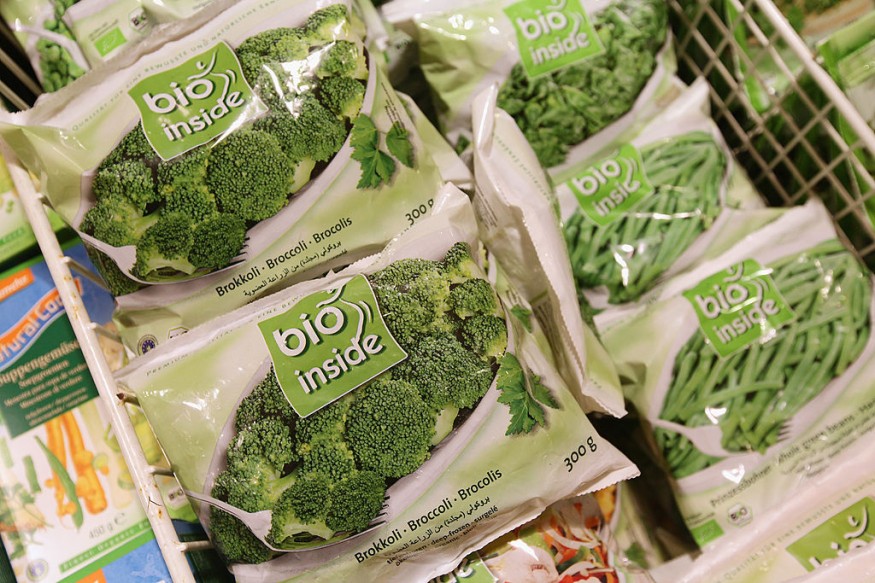
Variety of Grocery Store Foods are available in your local supermarket, but with the emergence of COVID-19, what foods should you take home and story in your fridge?
Medical Experts are encouraging everyone to consume foods that will reinforce the immune system and respond against microbes that might harm your body. Since going out for grocery shopping daily is not ideal because of the risks of SARS-CoV-2 infection, identifying foods that are helpful and healthy cannot also be done in a short amount of period.
Grocery Store Foods
From breakfast, lunch, and dinner, vegetables, proteins, and fiber are available in the grocery stands but how do you identify that these foods are helpful for your immune system and lessening the risks of COVID-19?
Here are some of the food from the grocery store also mentioned by Eat This Not That you can stock up in your fridge and better prepare your family for possible infection.
Read also: What COVID-19 Patients Should Eat and Avoid for Fast Recovery
Leafy Greens

Green leafy vegetables are always said by medical experts to be a very important part of an individual's diet.
According to Parsley Health, these dark, leafy vegetables are a great source of different nutrients such as fiber, folate, iron, Vitamins C and K, and calcium. Founder of Ancient Nutrition, Dr. Josh Axe, D.N.M., C.N.S., shares in an interview with Eat This Not That, saying including these vegetables in the diet means a lot of intake of Vitamin C that may aid in controlling the levels of free radicals in the body, which helps in eradicating the viruses and bacteria.
Frozen Veggies

If you think that this vegetable does not have any nutrients in them, well you are wrong. Kara Stanley of St. Elizabeth Physicians shares with Healthy Headlines that frozen food is just as healthy as fresh. She adds that it is true from vegetables rich in fat-soluble vitamins such as Vitamin A and E, and carotenoids which act as antioxidants in the body.
Emily Winkler a registered dietitian from Onnit also points out in her interview with Eat This Not That saying frozen vegetables are flash frozen making them not cooked with a ton of sodium like canned vegetables.
Bone Broth

Usually used as soup, this holy grail is a great weapon of prevention against COVID-19. Dr. Axe adds in his interview with Eat This Not That, that the bone broth has several compounds that support the gut microbiome where 70% of the body's immune system is located.
The Collegian adds that collagen in the bone broth is beneficial for a variety of autoimmune diseases and healthy connective tissues which enables them to resist pathogens and even possible ward of cancer cells' development.
Berries

Comes in frozen or fresh these super fruits benefit more than just what you think. Eat This Not That reports that Dr. Axe shares with them consuming all kinds of berries because they have Vitamins C, A, and other antioxidants. He adds that these fruits boost the antioxidant activity and help protect and repair connective tissues in the gut which is vital for immune defenses.
Make sure to have these grocery store foods in your cart the next you have your trip to the grocery store. Even though the COVID-19 vaccine is now being rolled across the United States, prevention is still better than cure.
Related article : Stock up on These Foods to Give You a Fighting Chance Against COVID-19
© copyright 2024 Food World News, a property of HNGN Inc. All rights reserved. Use of this website constitutes acceptance of our terms and conditions of use and privacy policy.



